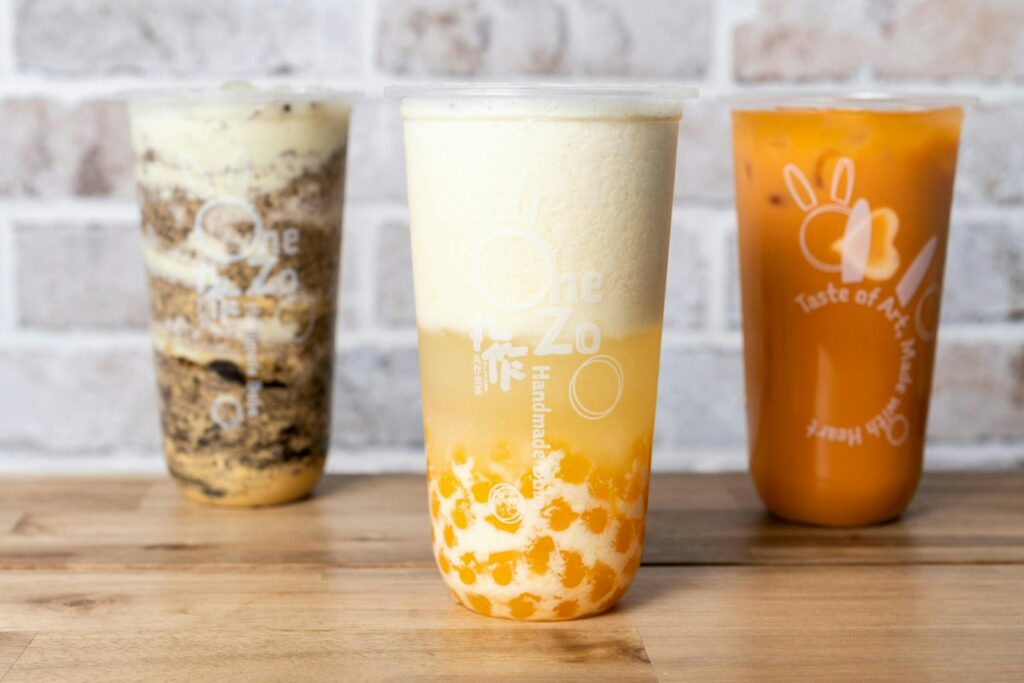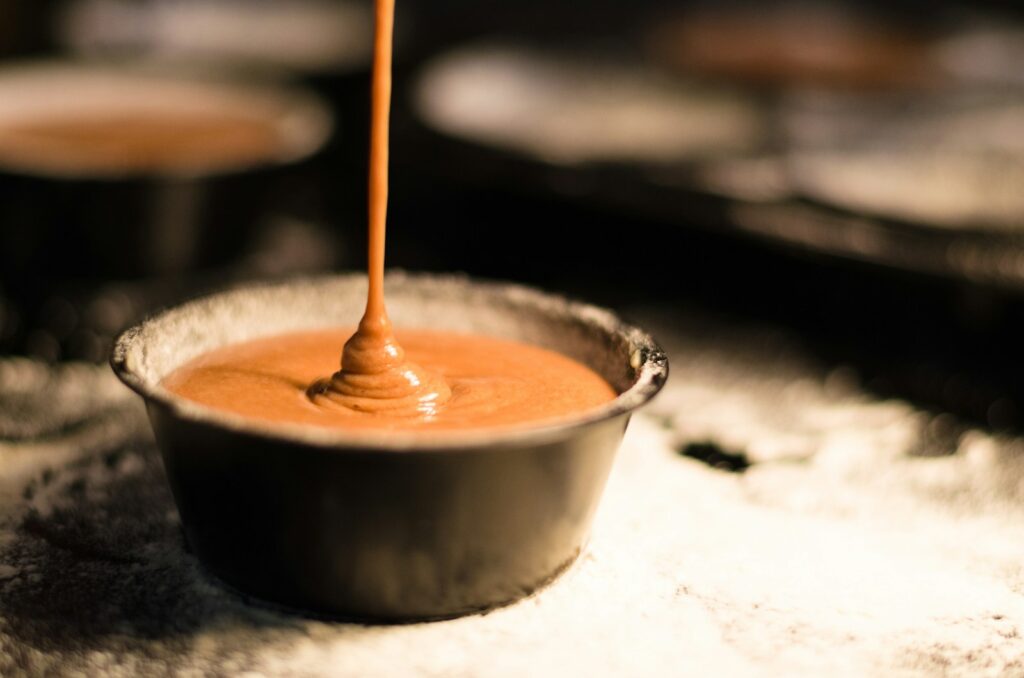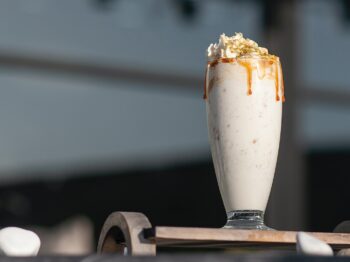
When it comes to sweetening our foods and drinks, most people automatically reach for familiar options like white or brown sugar. But in recent years, alternative sweeteners like coconut sugar have gained popularity, especially among those seeking natural or less-processed choices. Both brown sugar and coconut sugar are often used in baking, cooking, and beverages, but they are quite different in terms of origin, nutrition, taste, and impact on health. In this article, we’ll explore the key differences between coconut sugar and brown sugar to help you make a more informed choice.
1. Source and Production Process
Coconut Sugar:
Coconut sugar is derived from the sap of the flower buds of the coconut palm tree (Cocos nucifera). The process begins by cutting the flower bud stem to collect the sap, which is then heated to evaporate the water content. What remains is a brown, granulated product with a texture similar to raw sugar.
Brown Sugar:
Brown sugar, on the other hand, is made from sugar cane or sugar beets. It’s essentially white sugar with molasses added back in. The molasses gives brown sugar its characteristic color, moisture, and flavor. There are two main types: light brown sugar and dark brown sugar, differentiated by the molasses content (around 3.5% for light, up to 6.5% for dark).
2. Nutritional Content

Though both are considered sweeteners, their nutritional profiles differ slightly.
Coconut Sugar:
Coconut sugar retains some nutrients from the coconut palm, such as small amounts of iron, zinc, calcium, potassium, and antioxidants. It also contains inulin, a type of dietary fiber that can slow glucose absorption, potentially leading to a lower glycemic index (GI).
- Calories per teaspoon: ~15
- Carbohydrates per teaspoon: ~4g
- GI: Estimated around 35–54 (lower than regular sugar)
Brown Sugar:
Brown sugar is slightly more moist and dense due to the molasses but nutritionally similar to white sugar. The molasses adds trace amounts of minerals like calcium, potassium, iron, and magnesium—but not in quantities large enough to contribute significantly to your diet.
- Calories per teaspoon: ~17
- Carbohydrates per teaspoon: ~4.5g
- GI: Around 64 (comparable to white sugar)
Bottom line: Coconut sugar may have a nutritional edge due to the presence of inulin and minerals, but both are high in calories and carbohydrates.
3. Glycemic Index and Blood Sugar Impact
One of the key marketing points of coconut sugar is its lower glycemic index (GI). A food's GI indicates how quickly it raises blood glucose levels after consumption.
- Coconut Sugar GI: Estimated at 35–54, depending on the source and processing method. The presence of inulin and minimal processing may contribute to this lower score.
- Brown Sugar GI: Typically around 64, the same as regular white sugar.
While coconut sugar may cause a slower rise in blood sugar levels, it's important to note that it is still sugar. For people with diabetes or those watching their blood glucose, moderation is crucial with both types.
4. Taste and Culinary Uses

Coconut Sugar:
Coconut sugar has a rich, caramel-like taste that is subtly earthy and less sweet than brown sugar. It has a slightly coarse texture and is less moist. It blends well in recipes where a hint of caramel or toffee flavor is desired. However, because it doesn’t dissolve as easily, it may not be ideal for some baking tasks or in light-textured desserts.
Brown Sugar:
Brown sugar is sweeter and has a more pronounced molasses flavor, especially in its darker form. Its high moisture content makes it great for baking, especially in cookies, cakes, and sauces where a soft texture or a chewy consistency is desired. Brown sugar also dissolves easily in liquids, making it a common choice for sweetening coffee or syrups.
Substitution Tip: You can generally substitute coconut sugar for brown sugar at a 1:1 ratio in most recipes, but the final texture and taste may differ slightly.
5. Processing and Refinement
Coconut Sugar:
One of the appeals of coconut sugar is its minimal processing. It’s considered a more natural sugar because it undergoes less refining and no bleaching. As a result, it retains more nutrients compared to white or brown sugar.
Brown Sugar:
Brown sugar is more processed. Commercial brown sugar is made by adding molasses back into refined white sugar, which involves chemical refining and often bleaching. Though not heavily processed in the context of food manufacturing, it still undergoes more refinement than coconut sugar.
6. Environmental and Ethical Considerations

Coconut Sugar:
Coconut palm trees are considered sustainable crops. They produce more sugar per acre than sugarcane and require less water. Additionally, harvesting the sap doesn’t harm the tree, which can continue to produce coconuts and sap simultaneously.
Brown Sugar:
The production of sugarcane and sugar beets can have a significant environmental footprint. Sugarcane cultivation often involves large-scale monoculture farming, high water usage, and chemical fertilizers. In some regions, labor practices in sugarcane harvesting have also raised ethical concerns.
Winner in sustainability: Coconut sugar generally has a smaller environmental footprint and is considered more sustainable.
7. Price and Availability
Coconut Sugar:
Coconut sugar tends to be more expensive due to the labor-intensive harvesting process and limited supply compared to cane sugar. It may not be available in all grocery stores, although it's increasingly common in health food stores and online.
Brown Sugar:
Brown sugar is widely available and inexpensive, making it the go-to sweetener in most households. It comes in various types (light, dark, turbinado) and is produced on a much larger scale.
Final Verdict: Which One Should You Choose?
There’s no definitive "best" choice between coconut sugar and brown sugar—it depends on your dietary preferences, health goals, and culinary needs.
- Choose coconut sugar if you:
- Prefer a less-processed, more natural sweetener
- Want a slightly lower glycemic impact
- Are looking for subtle caramel flavor with a nutritional edge
- Care about sustainability and ethical sourcing
- Choose brown sugar if you:
- Need a more affordable, widely available sweetener
- Want the classic molasses flavor in baked goods
- Require a sugar that dissolves easily and retains moisture
- Are cooking or baking with traditional recipes
In the end, both are still forms of sugar and should be consumed in moderation. While coconut sugar may offer a few health and environmental advantages, it’s not a “healthy” food per se. The key to healthy living is a balanced diet, not simply swapping one sugar for another.
Conclusion
Coconut sugar and brown sugar each have their place in the kitchen and on the shelf. By understanding their origins, processing methods, and impacts on health, you can better choose which to use in your recipes—or even when to reduce sugar altogether. Whether you're baking a batch of cookies or sweetening your morning coffee, being informed makes all the difference.



